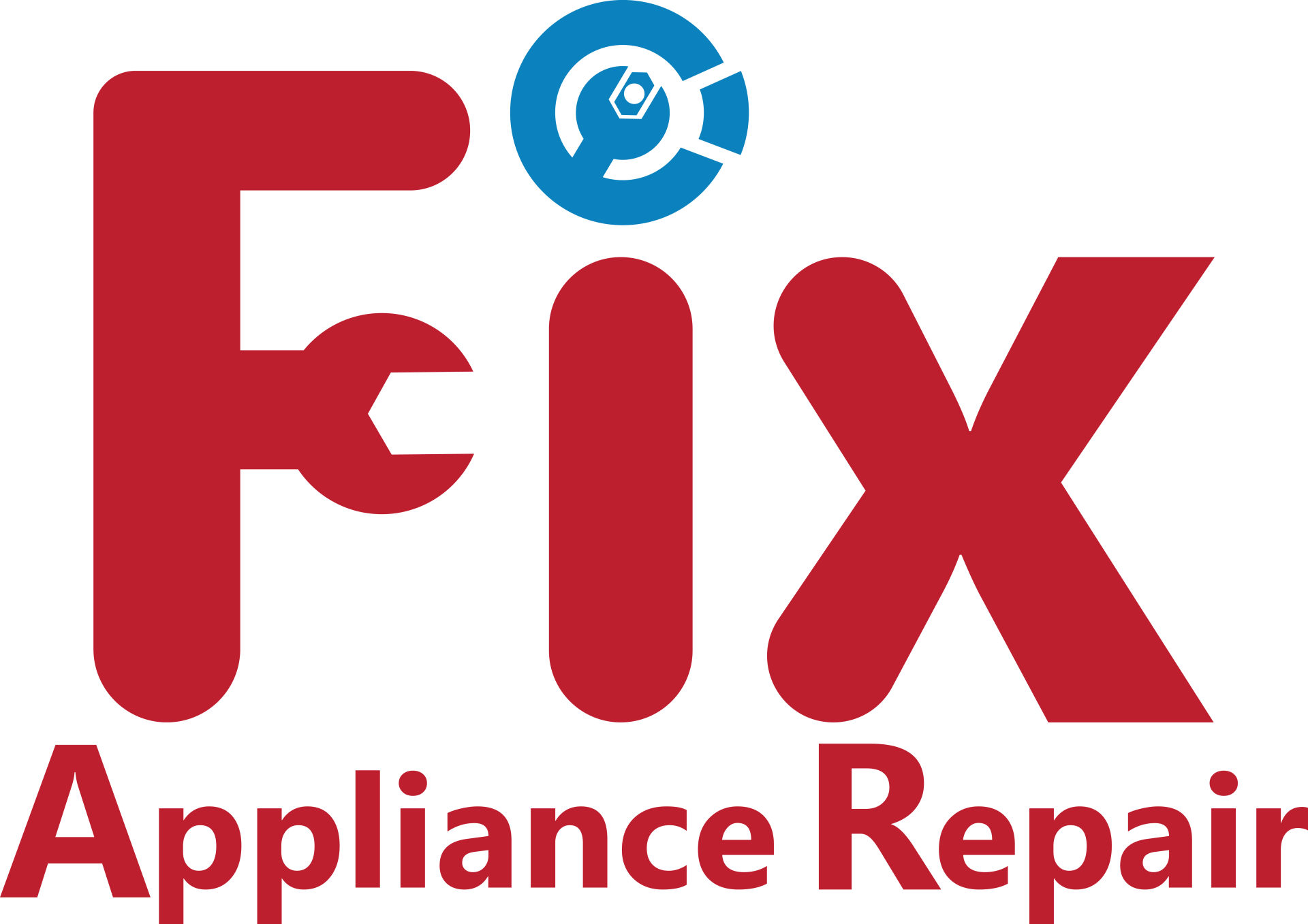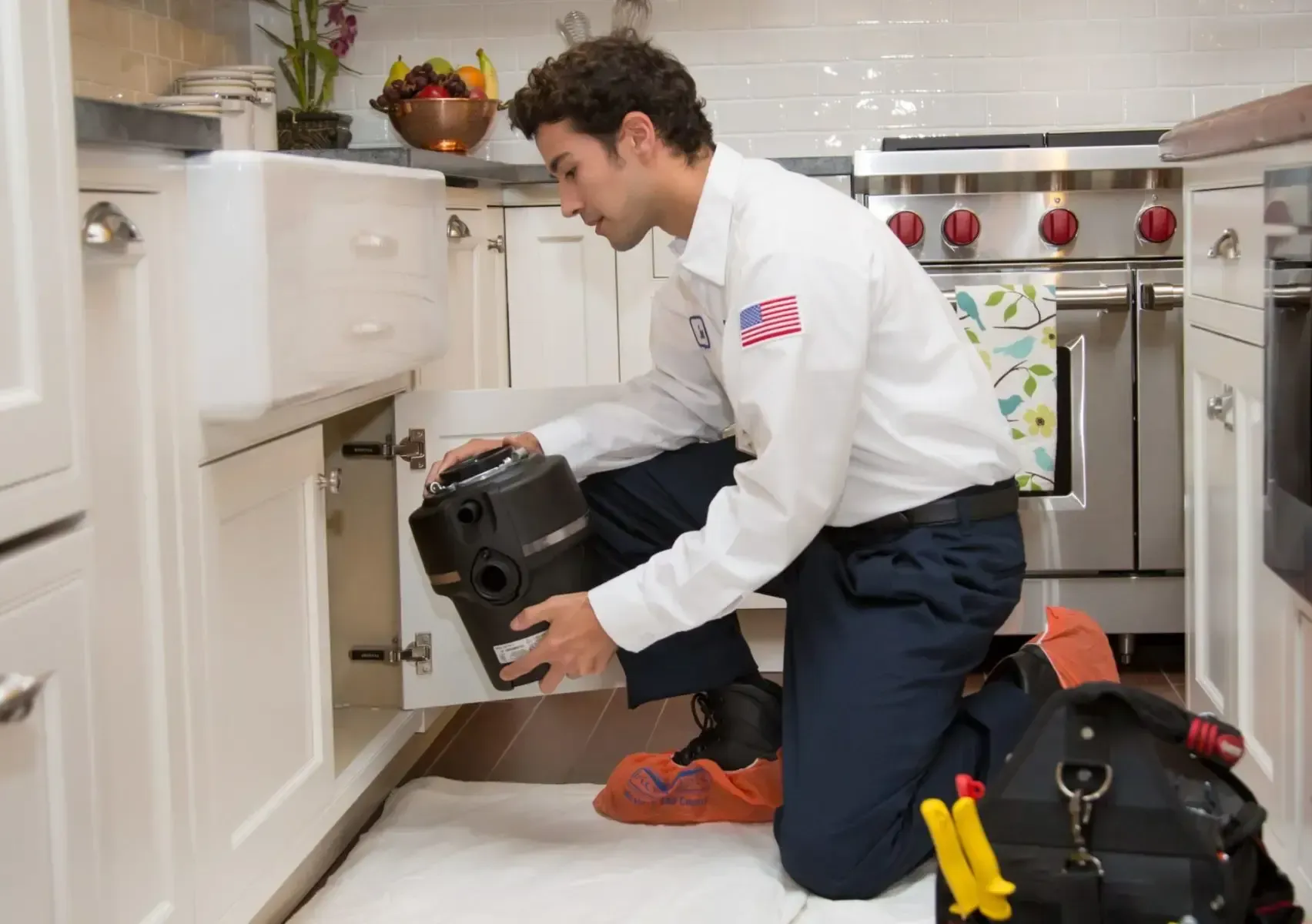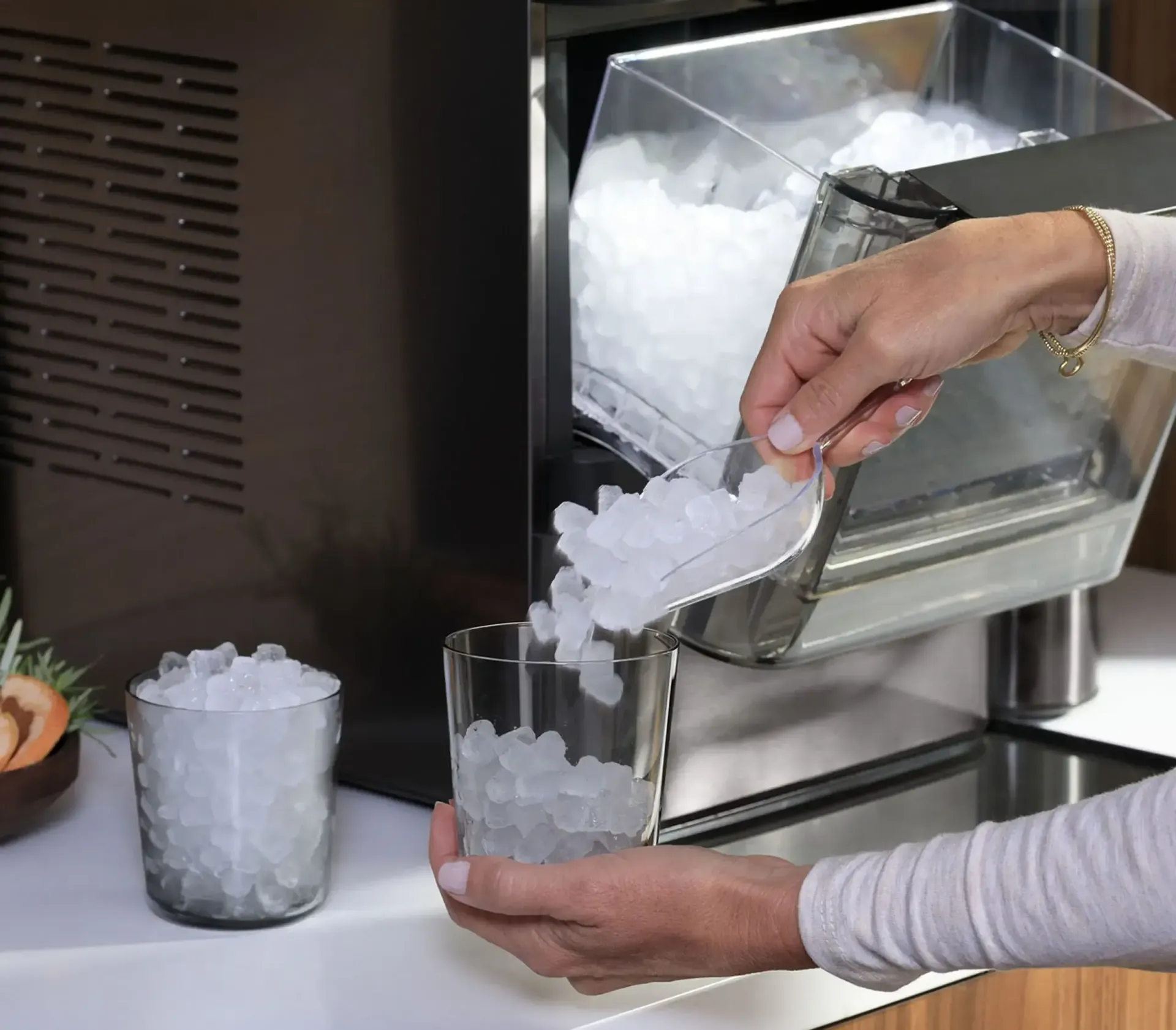Appliances are the workhorses of our homes, making our lives more convenient and comfortable. However, when they break down, the cost of professional repairs can quickly add up. This is where DIY appliance repair comes to the rescue. Not only does it save you money, but it also empowers homeowners to take control of their appliances’ maintenance.
In this article, we’ll explore essential DIY appliance repair tips that will help you troubleshoot common problems and get your appliances back in working order.
Basic Safety Precautions
Before diving into any appliance repair project, it’s crucial to prioritize safety. Many appliances are powered by electricity and involve potentially hazardous components. To ensure your well-being:
- Disconnect power sources: Always unplug the appliance or turn off the circuit breaker before attempting any repairs.
- Wear protective gear: Safety goggles, gloves, and closed-toe shoes are essential to protect yourself from potential hazards.
- Handle sharp tools with care: Screwdrivers, pliers, and other tools can be sharp. Use them cautiously to avoid injury.
Tools You’ll Need
Having the right tools is essential for successful appliance repair. Here’s a list of tools that should be in your DIY repair arsenal:
- Screwdrivers, pliers, and wrenches: These basic tools are necessary for opening appliance panels and removing components.
- Multimeter and voltage tester: These tools help you test for electrical issues and ensure that there’s no live current before you work on an appliance.
- Replacement parts: Keep common replacement parts on hand, such as fuses, gaskets, and heating elements, to avoid delays in repairs.
Common Appliance Problems and Solutions
Let’s delve into some common appliance problems and how to address them:
Refrigerator Repair Tips
- Not cooling: Clean the condenser coils and check the thermostat settings. If the issue persists, it might be a faulty compressor.
- Leaking: Inspect the water inlet valve and drain pan for clogs or cracks. Replace if necessary.
Washing Machine Repair Tips
- Won’t drain: Check the drain pump and hoses for blockages. Clean or replace them to restore proper drainage.
- Excessive vibration: Balance the drum and ensure the machine is level. Uneven loads can also cause vibrations.
Oven/Range Repair Tips
- Uneven heating: Test the heating elements with a multimeter and recalibrate the temperature settings if needed.
- Gas burner won’t light: Clean the igniter and make sure the gas supply is connected and functioning.
Dishwasher Repair Tips
- Poor cleaning: Clean the spray arms and check the water pressure. Hard water deposits can also affect cleaning performance.
- Door not closing: Adjust the latch and replace the door gasket if it’s damaged. Proper sealing is crucial for efficient operation.
Preventive Maintenance Tips
Preventive maintenance for appliances is essential to extend their lifespan, improve efficiency, and avoid costly repairs. By following these tips, you can keep your appliances running smoothly and minimize the likelihood of breakdowns:
Read the Manual
Familiarize yourself with the manufacturer’s user manual for each appliance. It often contains valuable information about maintenance schedules, recommended cleaning methods, and troubleshooting tips.
Regular Cleaning
- Clean or replace filters as instructed. This applies to appliances like air conditioners, vacuum cleaners, refrigerators, and dishwashers.
- Keep the interiors of appliances clean, such as ovens, microwaves, and refrigerators, to prevent the buildup of dirt, grease, and food particles.
- Wipe down exterior surfaces to prevent the accumulation of dust and grime, which can affect efficiency.
Check Seals and Gaskets
Inspect the seals and gaskets on appliances like refrigerators, freezers, and ovens. Damaged or worn seals can lead to energy wastage and compromised performance.
Maintain Refrigerators and Freezers
- Keep coils on the back or underside of your fridge/freezer clean. Dust and debris can hinder heat dissipation, making the appliance work harder.
- Make sure the temperature settings are appropriate for the contents, as extreme temperatures can affect energy consumption.
Inspect Washing Machines
- Avoid overloading the machine, as this can strain components and affect performance.
- Periodically clean the detergent dispenser and lint trap to prevent clogs and odors.
Dryer Maintenance
- Clean the lint trap after each use to improve drying efficiency and reduce the risk of fire.
- Check and clean the dryer vent periodically to prevent lint buildup, which can restrict airflow and pose a fire hazard.
Air Conditioner Care
- Clean or replace air conditioner filters regularly to maintain efficient airflow and improve air quality.
- Ensure the outdoor unit is clear of debris, vegetation, and obstructions to maintain proper ventilation.
Oven and Stovetop Tips
- For gas ranges, clean burner ports and ensure proper ignition to prevent uneven cooking and gas leaks.
- Regularly clean the oven to prevent smoke and odors caused by burnt food particles.
Regular Inspection
Conduct routine visual inspections of cords, plugs, and hoses for signs of wear or damage. Replace damaged parts promptly.
Water Supply Check
Inspect hoses and connections on appliances like washing machines and dishwashers for leaks or kinks. Replace damaged hoses to prevent water damage.
Follow Usage Guidelines
- Avoid using appliances for unintended purposes or overloading them beyond their capacity.
- Follow recommended usage guidelines for appliances like microwave ovens to prevent damage or accidents.
Schedule Professional Inspections
Arrange for professional inspections and maintenance by qualified technicians for appliances like HVAC systems, water heaters, and gas appliances.
Keep Records
Keep a maintenance log for each appliance, noting when you performed maintenance tasks, any issues you encountered, and any repairs made.
By incorporating these preventive maintenance tips into your routine, you can not only prolong the lifespan of your appliances but also ensure they operate efficiently, saving you money on energy bills and avoiding the inconvenience of unexpected breakdowns.
When to Call a Professional
Knowing when to call a professional for appliance repair is essential to prevent further damage and ensure the safety and efficiency of your appliances.
Here are some situations when it’s advisable to seek the expertise of a trained appliance repair technician:
Appliance Doesn’t Work: If an appliance is completely non-functional and simple troubleshooting steps (like checking the power source or resetting circuit breakers) don’t resolve the issue, it’s time to call a professional.
Unusual Noises: Strange or loud noises coming from appliances, such as grinding, rattling, or screeching, can indicate internal issues that require professional attention.
Leaks or Water Damage: If an appliance is leaking water, gas, or other substances, it poses a safety hazard and requires immediate attention from a professional technician.
Electrical Issues: Appliances with electrical problems, such as flickering lights, tripped circuit breakers, or frequent power outages, should be examined by a professional to prevent electrical hazards.
Gas Appliance Problems: If you have a gas appliance (stove, oven, water heater) and you notice a gas odor, hissing sounds, or issues with ignition, turn off the appliance’s gas supply and call a technician immediately.
Continue for More
Burning Smells: If an appliance emits a burning or overheating smell, it could indicate electrical or mechanical problems that need to be addressed by a professional.
Inconsistent Performance: Appliances that no longer perform consistently or produce subpar results (e.g., uneven cooking, inefficient cooling) might require professional diagnosis and repair.
Repeated Breakdowns: If an appliance is experiencing frequent breakdowns even after being repaired, it’s a sign of underlying issues that should be thoroughly addressed by a professional technician.
Digital Display Errors: If an appliance has a digital display and shows error codes or malfunctions on the screen, a professional can interpret these codes and diagnose the problem accurately.
Safety Concerns: If you suspect an appliance poses a safety risk due to malfunctioning, overheating, or other issues, it’s crucial to have a professional inspect and repair it promptly.
Warranty Considerations: If your appliance is under warranty, attempting repairs yourself might void the warranty. In such cases, it’s best to contact the manufacturer or an authorized service provider.
Complex Repairs: For complex appliances with intricate components, specialized tools, and technical knowledge, it’s safer and more effective to rely on a professional technician.
Gas Line and Refrigerant Work: Repairs involving gas lines (for gas stoves, dryers, etc.) or refrigerants (for refrigerators and air conditioners) should be handled by professionals due to safety and environmental considerations.
Modern Features and Smart Appliances: Appliances with advanced features, digital controls, and smart technology require specialized expertise for repairs to avoid causing further damage.
Lack of Experience: If you lack experience with appliance repair or are unsure about the problem, it’s always a better choice to consult a professional to prevent accidental damage.
Follow Our DIYAppliance Repair Tips
DIY appliance repair isn’t just about saving money; it’s about taking control of your home and maintaining your appliances for the long haul. By following these DIY appliance repair tips, you’ll not only troubleshoot common problems with confidence but also gain a sense of empowerment as a capable homeowner.
Remember to prioritize safety, acquire the right tools, and know when to call in the professionals. With a little knowledge and the willingness to learn, you can keep your appliances humming smoothly and your home running efficiently. However, if after trying these appliance repair tips, you are still running into issue, reach out to our team at Fix Appliance Repair . We are experts in appliance repair and would love to help your appliance get back to working like new!



